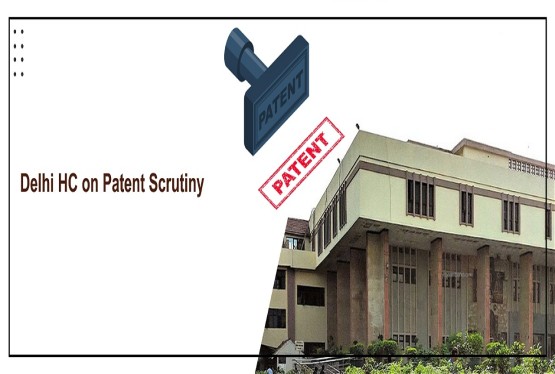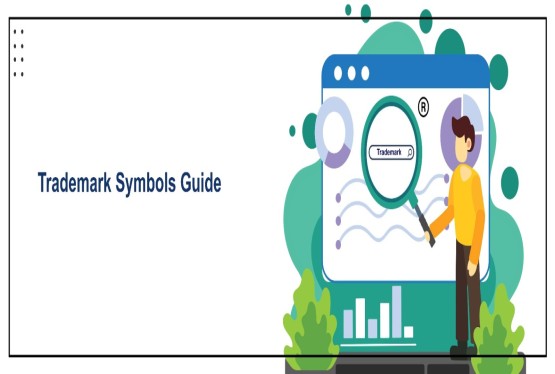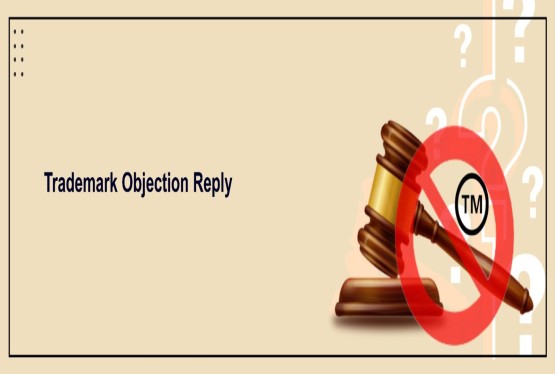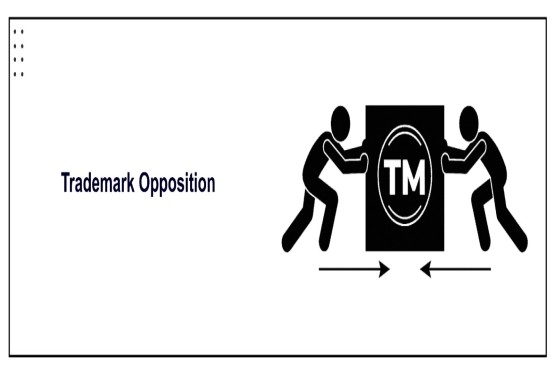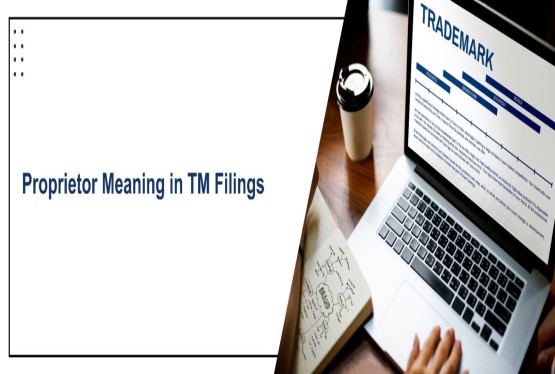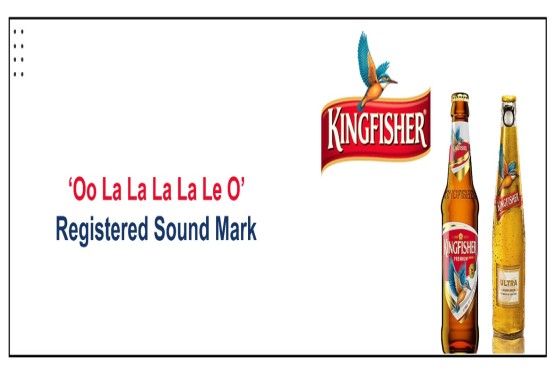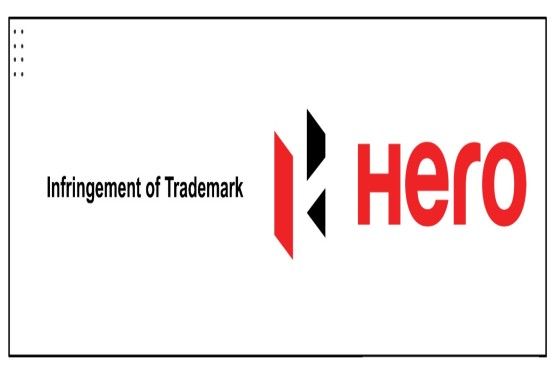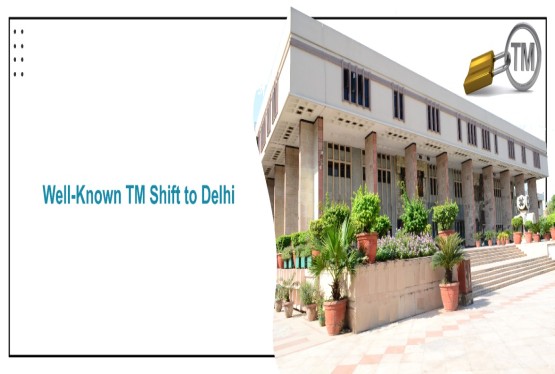CGPDTM Shifts Official Website to New Domain: www.ipindia.gov.in. In a significant digital update, the Office of the Controller General of Patents, Designs & Trade Marks (CGPDTM), under the Ministry of Commerce & Industry, Government of India, has officially announced a change in its website domain. As per the public notice dated 21st May 2025, stakeholders are informed that the earlier domain www.ipindia.nic.in has now been shifted to www.ipindia.gov.in.
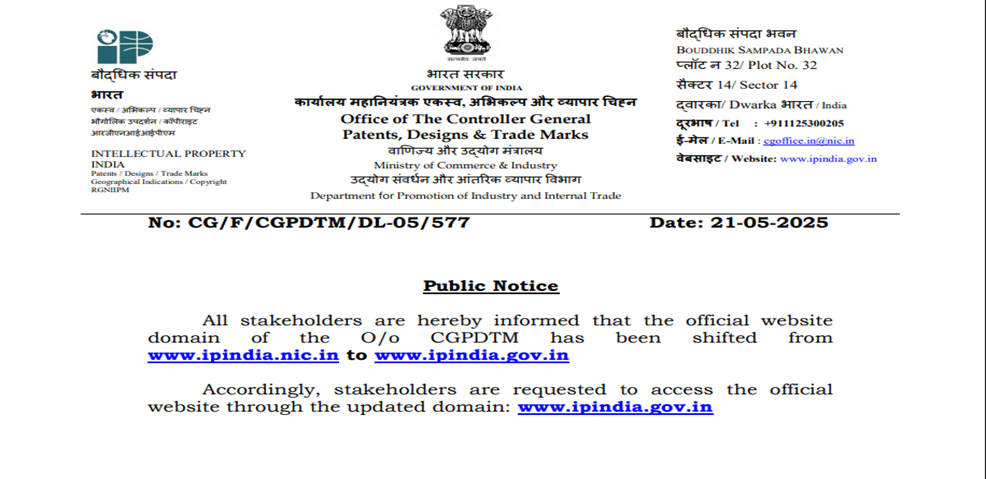
Why This Domain Shift Matters
The CGPDTM provide an important intellectual property rights (IPR) services in India, including:
-
Patent registration and administration
-
Designs and Trademark Registration
Given the volume and sensitivity of transactions conducted via the IP India portal, it is essential that all users, inventors and businesses to legal professionals and consultants shift their operations to the new domain for uninterrupted service access and to prevent phishing or outdated site interactions.
What Stakeholders Should Do Now
If you are a stakeholder involved in any IP filing or inquiry, make sure to:
-
Update your bookmarks to www.ipindia.gov.in
-
Access forms, filing systems, and status trackers via the updated domain
-
Check for revised contact details or login procedures if any changes occur as part of the migration
The updated domain ensures better alignment with other central government departments and is expected to improve user experience and digital service reliability.
For Assistance
If you face any challenges during the transition or have queries regarding filings already made through the previous domain, you may contact CGPDTM at:
-
Email: cgoffice.ipindia@nic.in
-
Phone: +91 1125300205
-
Website: www.ipindia.gov.in
Conclusion
This domain change is a minor but important update in India's intellectual property administration landscape. By adopting the new official domain, CGPDTM aligns with modern digital governance practices, improving trust and operational efficiency. Stakeholders are advised to take note of this change to avoid disruptions in their ongoing IPR matters.






























_(b)_of_the_Trademark_Act,_1999_(1)_crop10_thumb.jpg)



_crop10_thumb.jpg)




























_crop10_thumb.jpg)
_crop10_thumb.jpg)






_crop10_thumb.jpg)








_crop10_thumb.jpg)



_crop10_thumb.jpg)





























_crop10_thumb.jpg)

















_crop10_thumb.jpg)






_crop10_thumb.jpg)












































































































































_crop10_thumb.jpg)




































_crop10_thumb.jpg)












_crop10_thumb.jpg)














































_crop10_thumb.jpg)



































































































